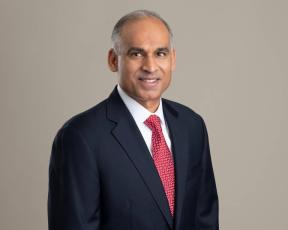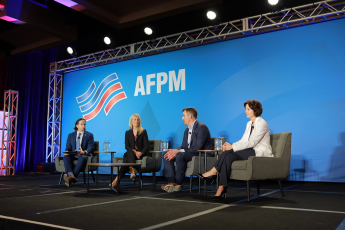2019 has ushered a slew of energy conferences to the oil- and gas-friendly state of Texas, and in some cases the media took issue with the lack of diversity — mainly women. One of the largest conferences, CERAWeek, grabbed headlines for the second year in a row over how few women participated in the event, despite each company receiving two free additional passes for women and the amount of female conference speakers climbing slightly this year.
What’s missing in this discussion is the steady progress that is being made. While there is much work to be done, the refining and petrochemical sectors — the downstream side of the oil natural gas industry — are making progress in workforce diversity and inclusion. Two other major energy conferences held recently in Texas also showed progress:
- Nearly a quarter of the speakers at the American Fuel & Petrochemical Manufacturers’ annual meeting in San Antonio in March were women.
- At the International Petrochemical Conference, women represented nearly a third of the panelists.
- At the AFPM event, a women-only reception drew nearly 200 participants for inspiring discussions on effective inclusion practices, career-pathing and how to encourage interest in STEM in younger generations of women.
- On the AFPM mainstage, a session attended by several thousand conference-goers focused on industry shifts — including pushes for greater diversity and female representation — required to build a sustainable future workforce.
At general sessions and smaller panel discussions, we heard from women serving on boards of directors, as refinery managers and as senior executives. They are a driving force behind efforts to modernize and diversify our industry, through mentorship, recruitment, education and sharing their own career experiences.


